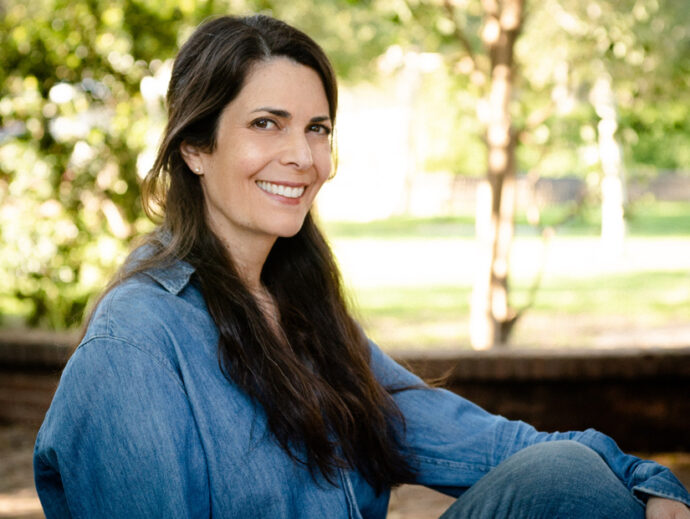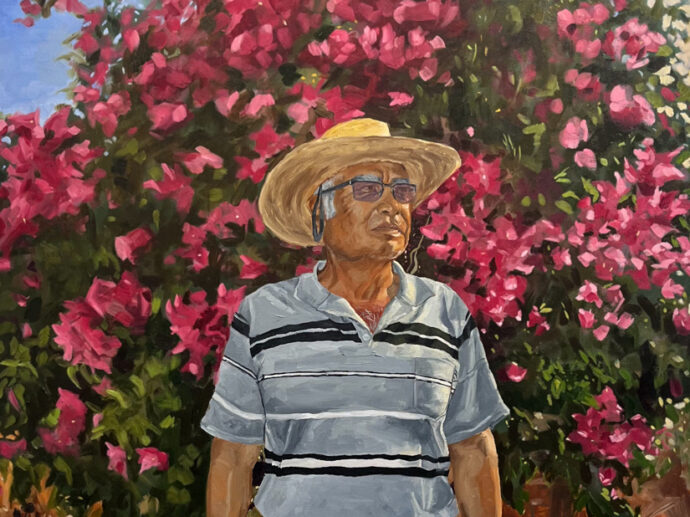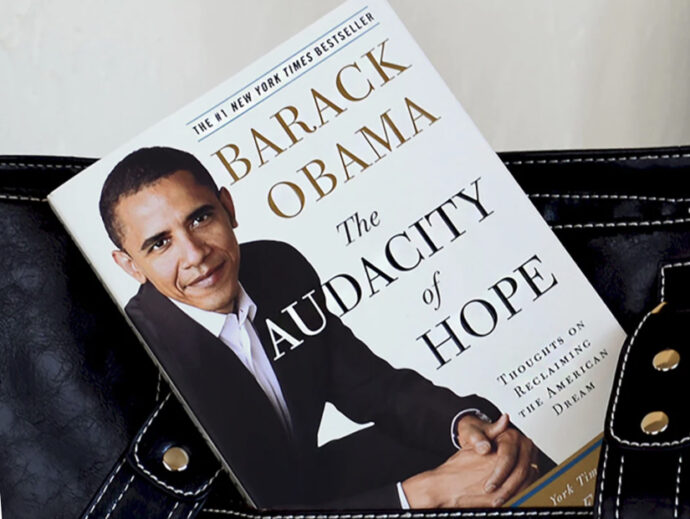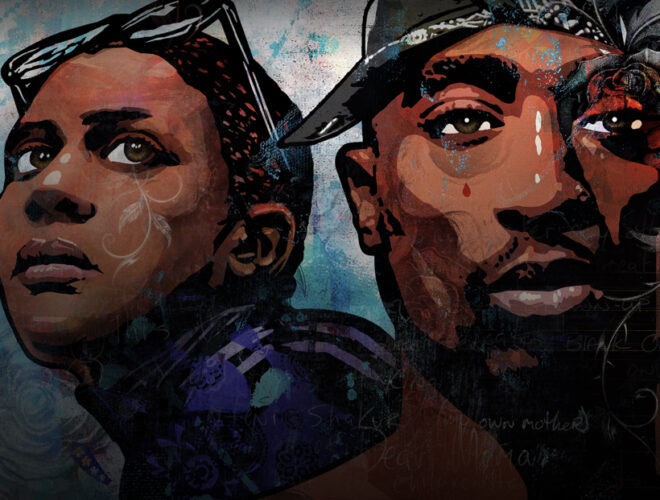Mohamed Kheir, magical realism, and the Arab Spring
Slipping by Mohamed Kheir is a story of hidden trauma, self-reflection, and the magical places that exist around us. It is poetry in prose and its words flow beautifully, almost melancholically, off the page.
Set in the wake of the Arab Spring, the story follows Seif, a struggling journalist who finds himself going on a journey through Egypt’s magical places with a strange and mysterious companion. They find a village that has disappeared, all its residents deciding to leave and journey into Europe. They find Corpse Flowers that fall from the sky – or at least high up the hillside – and squash anyone unlucky enough to be walking underneath. They adventure through various strange and magical places and all the while the story of the past, of Seif’s past, is told in broken, seemingly unrelated fragments.
The heartbeat of Slipping
It’s worth noting that the rhythm of the story, its heartbeat, is unlike many other magical realism novels and as such it feels strange to lump it in with that category. But given Mohamed Kheir’s background as a poet and lyricist this isn’t surprising. The story moves calmly, tragically onward in a soft, slow beat. It doesn’t have the pace of many other novels set with similar adventures. The sense of awe that the settings instill is a quiet one, almost a reserved admiration.
I confess because of this it did take me a moment to get into the novel. But after I got used to the flow of the words and the fragmented style of storytelling found within the novel, I quickly relaxed into it and enjoyed the strange journey that was being told to me. This is perhaps my one gripe with the story, and it comes from not being well-versed in the style. To anyone picking up the book and understanding this struggle, I wholeheartedly encourage continuing onward. Like Egypt itself in the aftermath of the Arab Spring, this novel’s stories are fragmented. They capture the anxiety and unknown within Egypt at the time.
And don’t worry, it all comes together beautifully in the end, not so much in a reveal but more so in an understanding, a sense of peace.
Slipping as an insight into the Arab Spring
As Seif and his mysterious companion journey around the magical places of Egypt, Seif’s backstory starts to unfold and a story of acceptance, of reconciliation with trauma and failure, begins to walk alongside the story of adventure. For readers like myself who learned of the Arab Spring but never experienced it ourselves, this story is a fascinating and haunting insight into some of the traumas experienced by those who were involved. It is a fantastic example of how storytelling can help understanding and how it can go beyond the facts and moments to dive into the feelings of what happened.
Slipping is also the first of Mohamed Kheir’s novels to be translated into English. He has written four novels, as well as various short stories. His 2001 work Leil Khargi received the Egyptian Ministry of Culture Award for poetry and his short story collections from 2011 and 2016, Afarit Al Radio and Remsh Al Ein, respectively, received the Sawiris Cultural Award. He is also a journalist. So I suppose it isn’t surprising that Slipping holds such powerful settings throughout the novel. It’s as though you are there, walking through the dead streets, feeling the buildings shake and twist under the pressure of modernisation, or smelling the Corpse Flowers and ducking under buildings as the flowers that smell of death reign from the sky.
My hope, after reading this story and learning about Kheir’s literary past, is that more of his works will become translated in the future. His style is unlike many that I’ve read and his words touch upon a life that is unfamiliar to me, having myself not grown up in Egypt. Translating such a work is no easy task and while no translation will ever compare to the original, the access granted by translation is, in my view, of greater importance. This particular work was translated by Robin Moger, an Arabic to English translator currently based in South Africa.
*
Slipping by Mohamed Kheir is available now. To find out more, click here.





